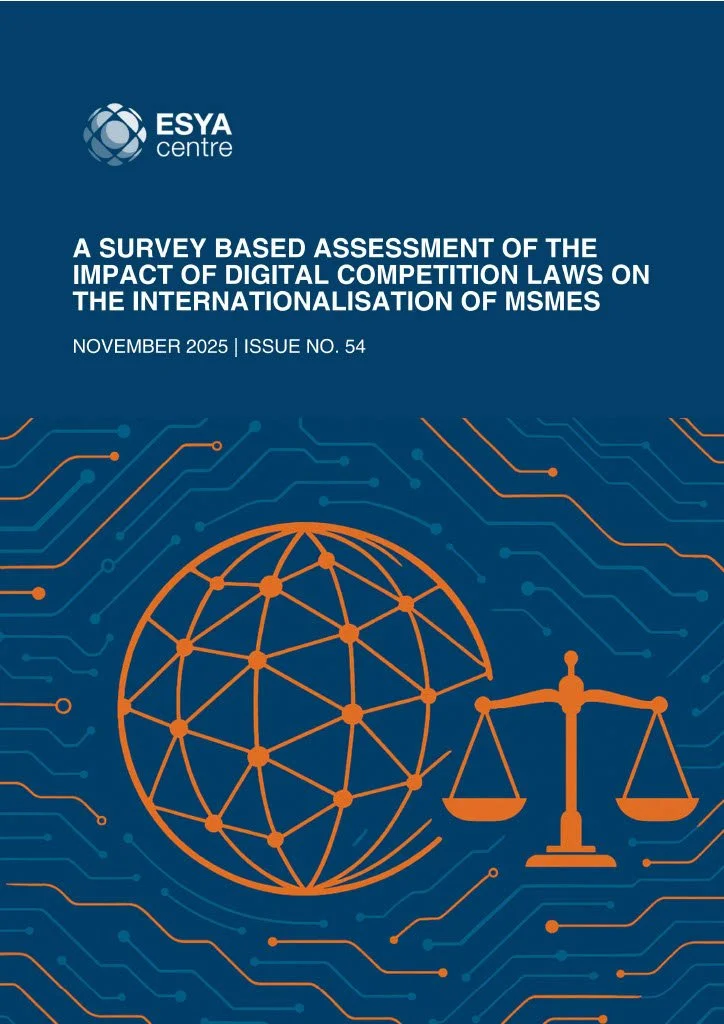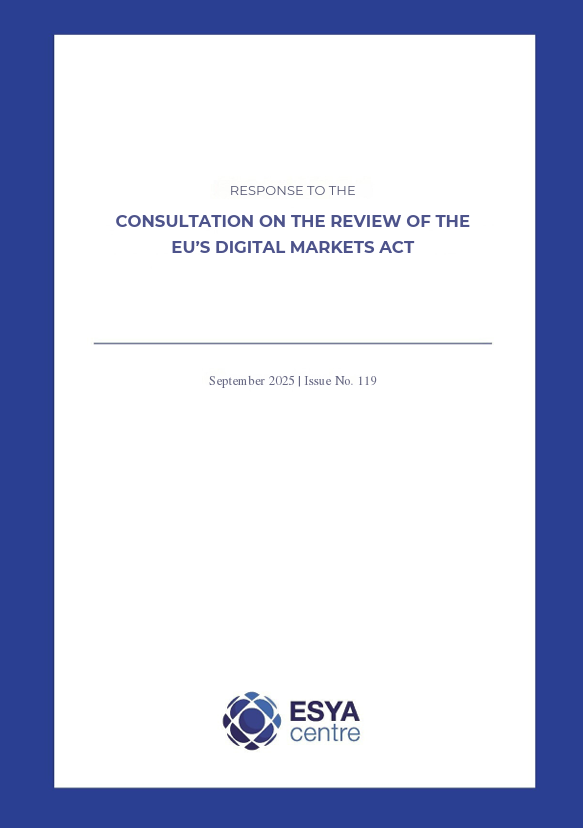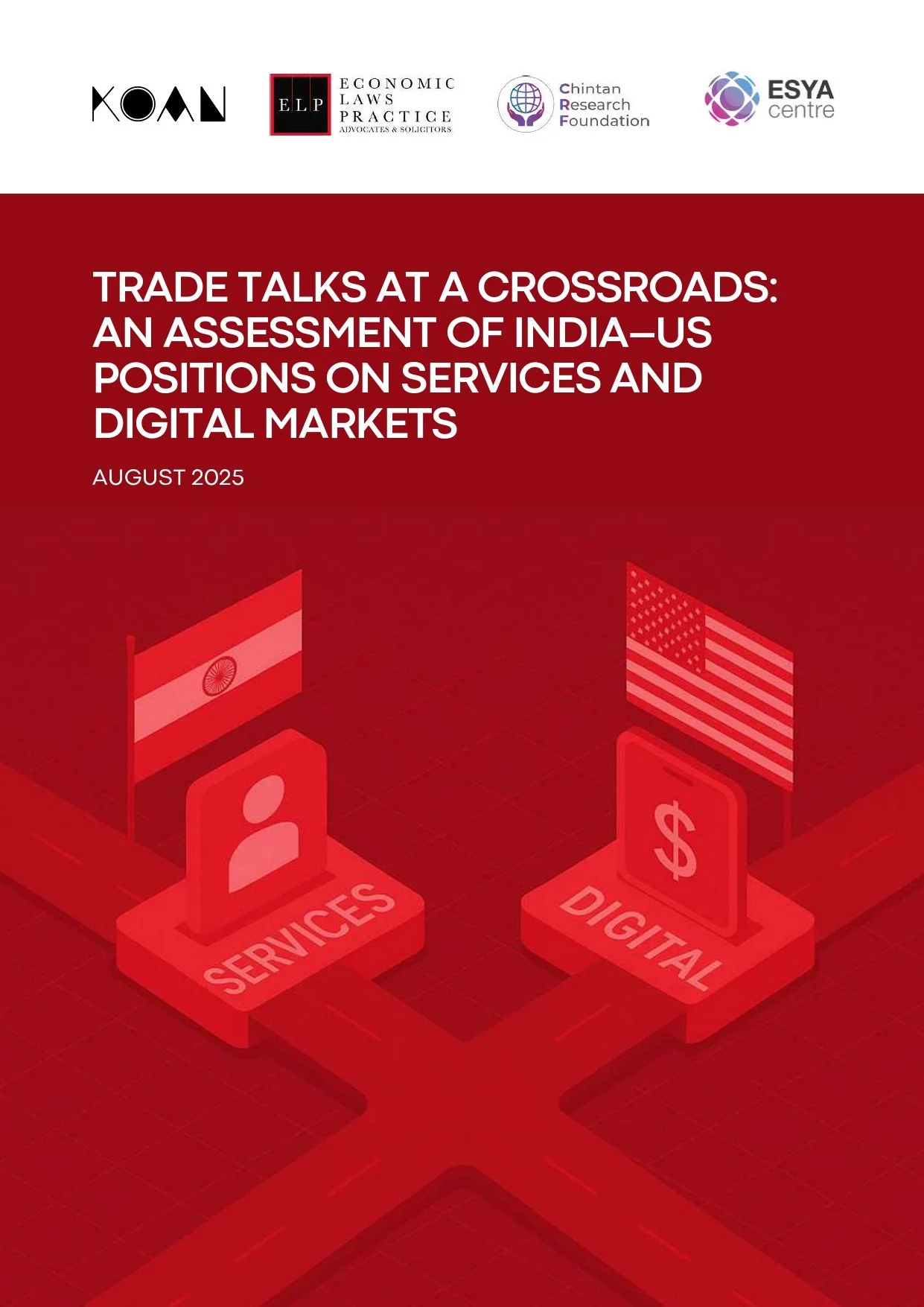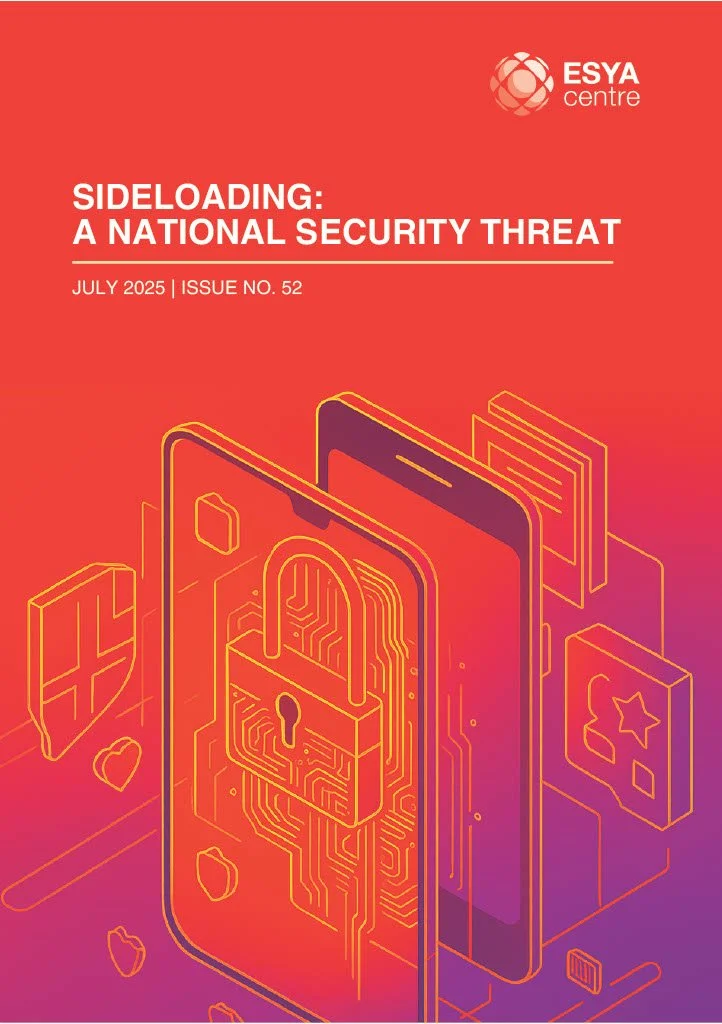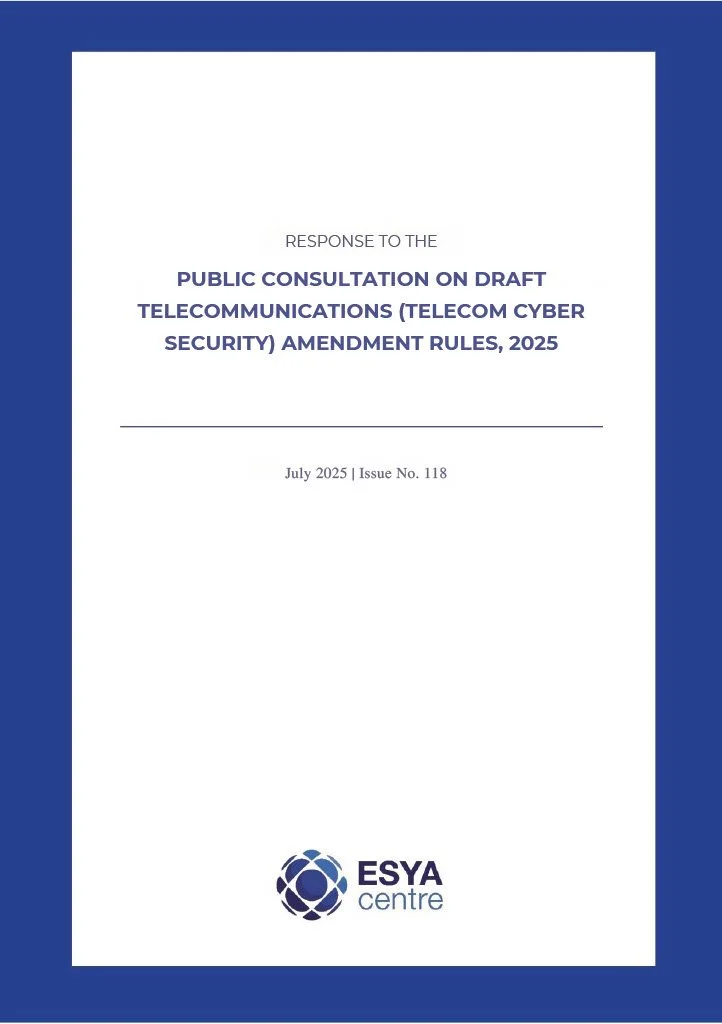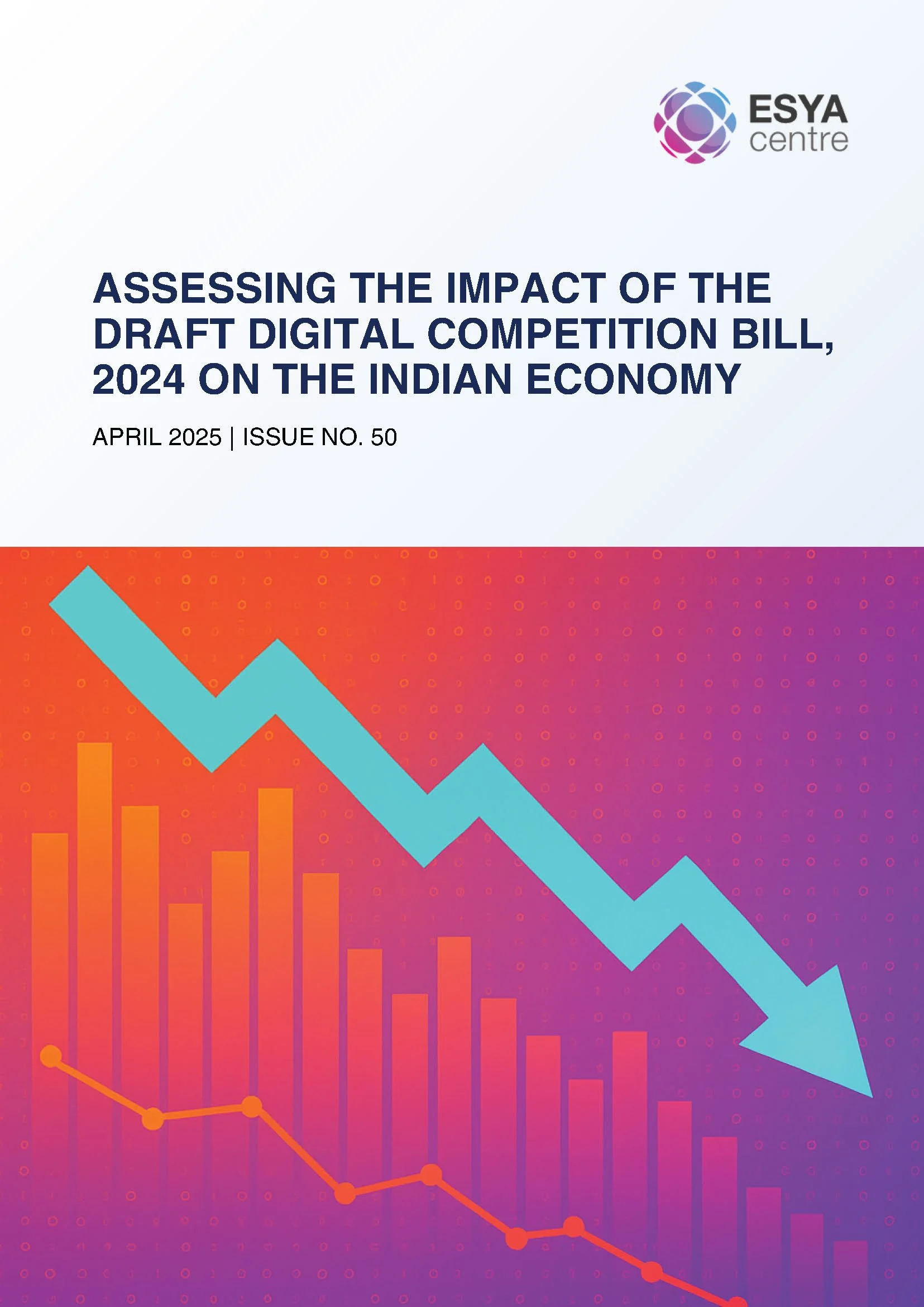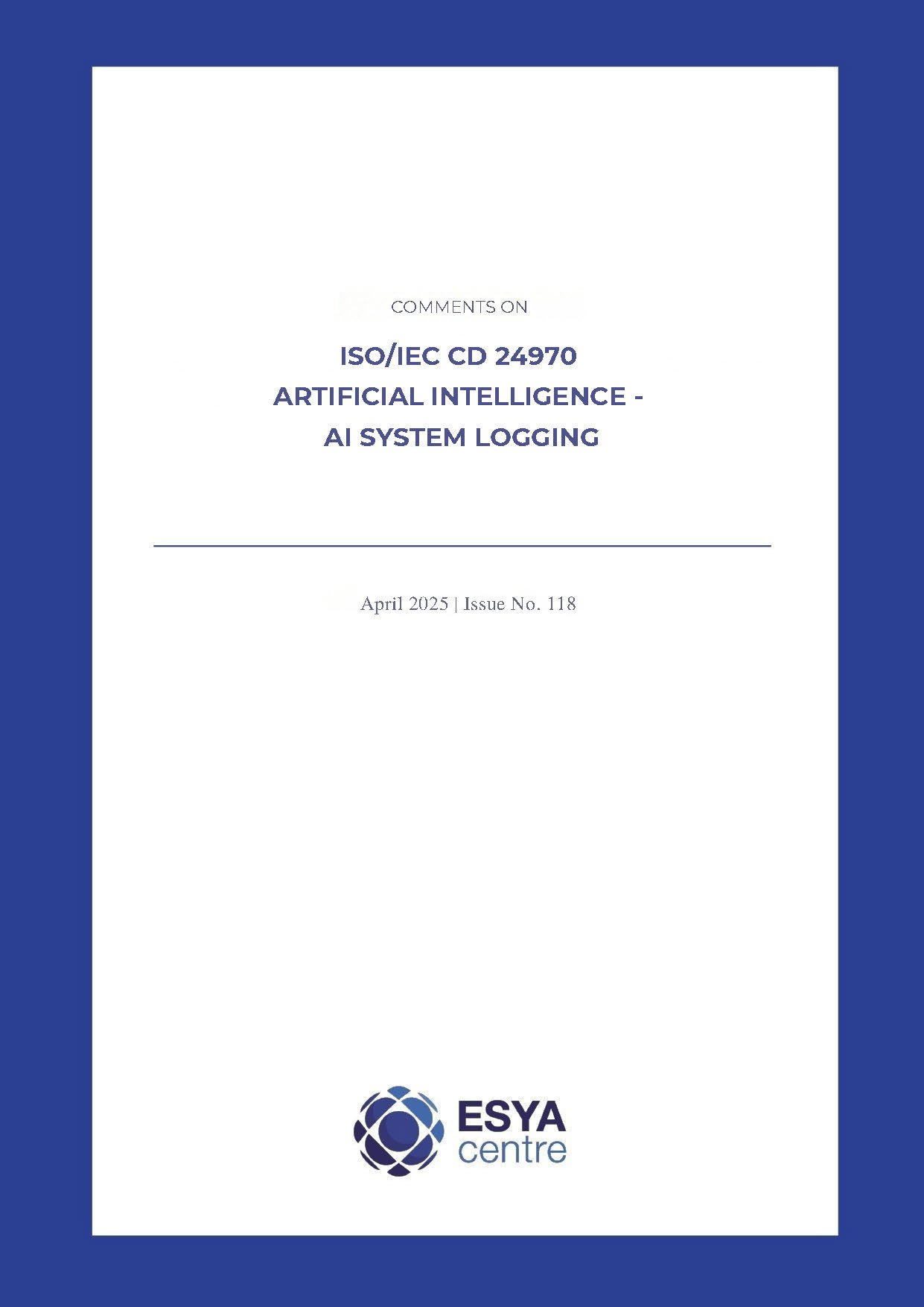Description: India has the world’s third-largest start-up ecosystem, with the Department for the Promotion of Industry and Internal Trade (“DPIIT”) having recognised over 1.59 lakh start-ups as of January 2025. An increasing proportion of these entities are generative AI-focused: while India had approximately 66 homegrown generative AI start-ups in 2023, this number shot up to 240+ by 2024. This growth is not limited to one layer of the generative AI ecosystem, but straddles both models and applications. For example, 2023-2024 witnessed the launch of over 17 native large language models, and a threefold growth in the number of generative AI applications. Given these promising figures, some estimate that India’s homegrown generative AI market will cross a valuation of USD 17 billion by 2030.
However, India’s ability to capitalise on this potential hinges on how policymakers address the intersection of generative AI with copyright law. Both globally and in India, the uptake of generative AI has spurred lawsuits alleging copyright infringement along the generative AI value chain. At the input stage of the value chain, stakeholders like news organisations, artists and authors claim that their copyright-protected works are unauthorisedly ingested as training data for various AI models.5 Meanwhile, at the output stage, they flag concerns regarding the regurgitation and adaptation of copyright-protected material in AI-generated outputs.6 In addition to these concerns, AI-generated outputs challenge traditional notions of authorship and ownership under copyright law, creating uncertainty around their legal status. Consensus among courts, copyright law practitioners and scholars remains elusive, leaving policymakers seeking to balance the interests of content creators and innovators in flux.
It is in this broader context that the AIKC and Esya Centre convened a roundtable to discuss the intersection of copyright and AI. Subsequently, the Esya Centre hosted a webinar of local and international legal experts and AI start-up founders to delve more deeply into this issue. The goal of both discussions was to engage in a nuanced, evidence-based dialogue, while foregrounding the need to promote innovation and Indian technological leadership. This outcome report builds on both these events.








